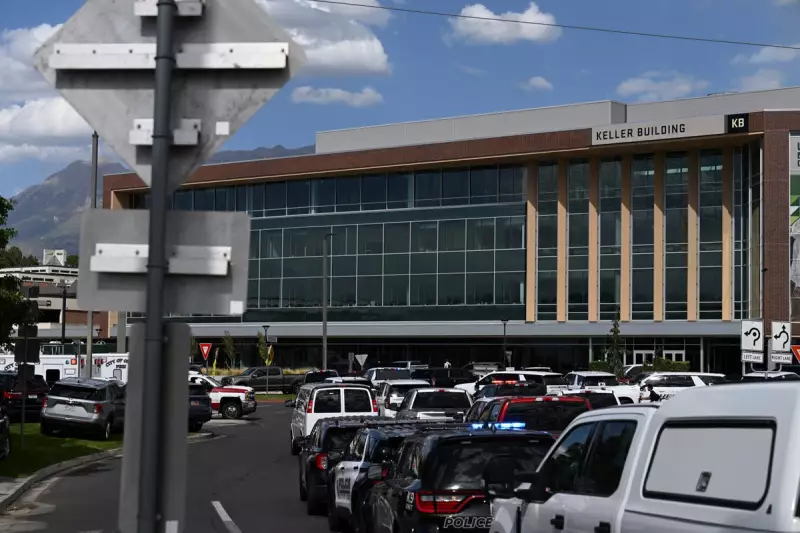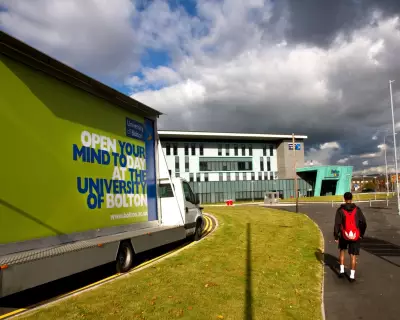
The campus of Brigham Young University (BYU) in Utah became the epicentre of a fierce national debate this week, as the arrival of controversial American commentator Charlie Kirk sparked significant student protests and raised urgent questions about the limits of free speech.
Hundreds of students and faculty members gathered in a silent, powerful demonstration as Mr Kirk, the founder of the conservative group Turning Point USA, took to the stage. The event, which was organised by a student club, sharply divided opinion across the university community.
The Heart of the Protest
Protesters voiced profound concerns that platforming Mr Kirk, whose views on race, gender, and LGBTQ+ rights have been widely criticised as divisive and harmful, directly contradicts the university's own principles of creating a Christlike community built on love and respect. Many felt his presence undermined the safety and inclusivity of the campus for minority students.
One student protester was quoted as saying, "We are not against free speech. We are against hate speech being platformed and legitimised by our institution." This sentiment echoes a growing tension on campuses globally, where the right to express controversial opinions is increasingly pitted against the duty of care universities have towards their students.
The Other Side of the Argument
Meanwhile, supporters of the event argued that exposing students to a wide spectrum of ideas, even those they find objectionable, is a fundamental pillar of university education and intellectual growth. They cited the importance of critical engagement and the defence of free speech principles, even when it is uncomfortable.
The university administration itself walked a tightrope. In a statement, it affirmed its commitment to the open exchange of ideas, a core principle of academic freedom, while also acknowledging the deep hurt felt by many within its community. The institution emphasised that student groups have autonomy to invite speakers, but that such invitations do not equate to an endorsement of the speaker's views.
A Mirror to a Wider Debate
This incident at Brigham Young University is not an isolated one. It reflects a broader, ongoing cultural struggle playing out in educational institutions across the United States and the United Kingdom. Universities are continually grappling with their role as both bastions of free inquiry and safe havens for their students.
The Charlie Kirk lecture has undoubtedly left a mark on the BYU community, prompting crucial conversations about where the line should be drawn, who gets to draw it, and how universities can navigate these choppy waters while upholding their core values.





